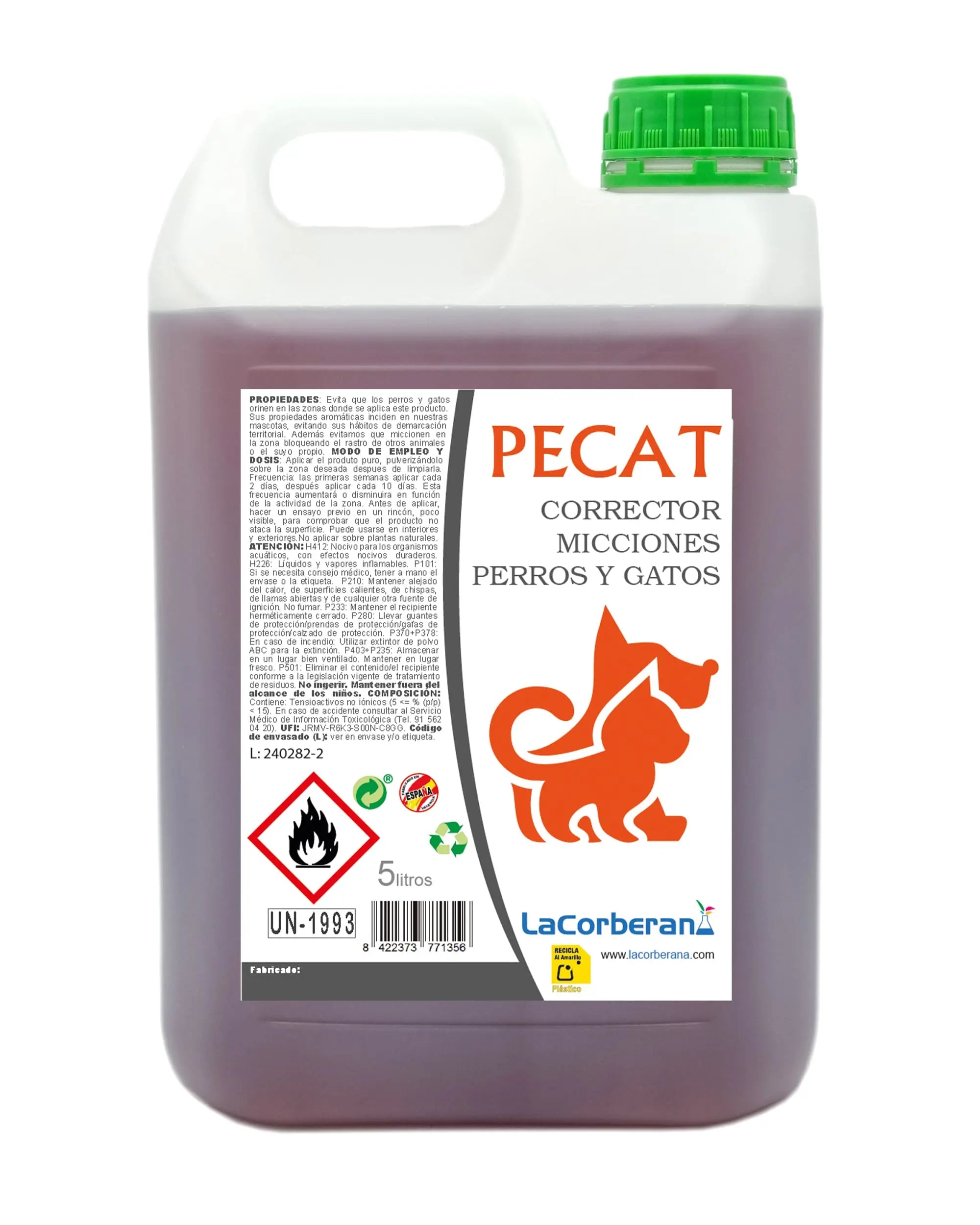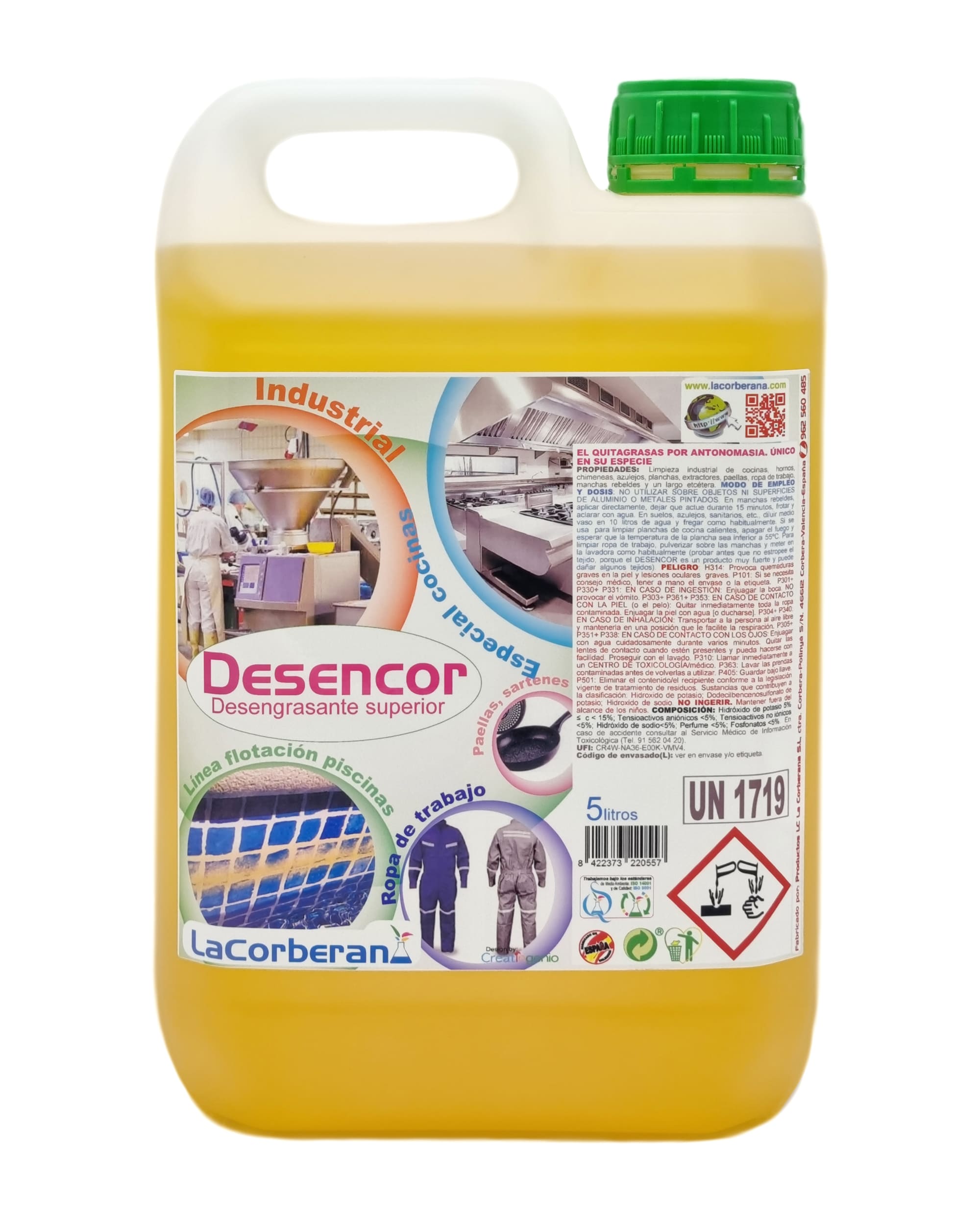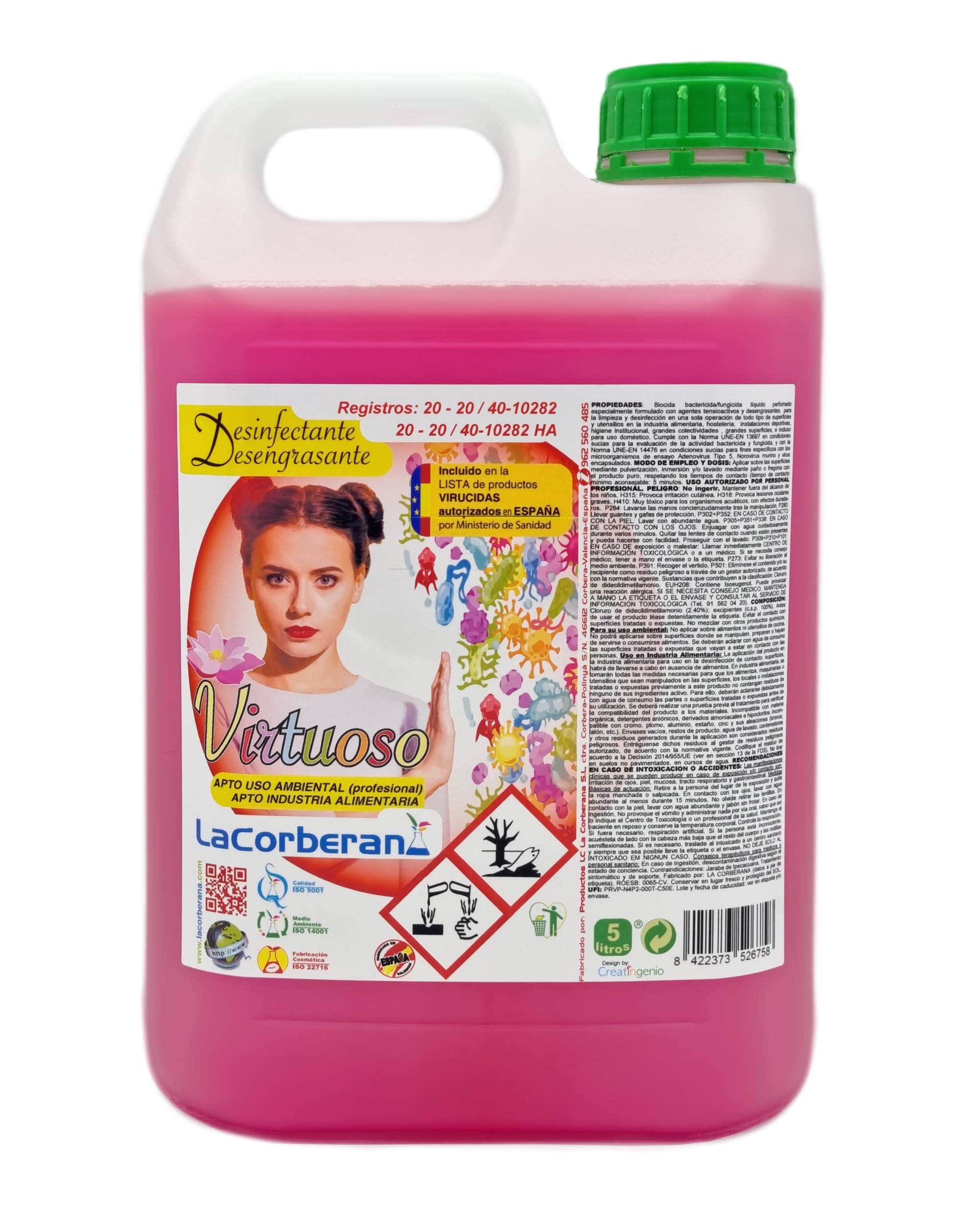In a world increasingly aware of the importance of environmental protection , organizations are faced with increased environmental demands and regulations. The ISO 14001 standard It emerges as an invaluable tool for managing and minimising the internal environmental risks of companies in their daily activities.
In this article, we will explore What does the ISO 14001 Environmental Management Standard consist of , its usefulness, the sectors in which it intervenes and the importance of requesting it from product suppliers.
What is ISO 14001 Environmental Management Standard?
The ISO 14001 is an internationally recognized standard that establishes the requirements for an Environmental Management System (EMS). cash.
Based on the PDCA (Plan, Do, Check and Act) method, this standard provides a common framework for organizations to identify, control and continually improve their environmental performance.
To the By implementing ISO 14001 , companies demonstrate their commitment to sustainable management and environmental protection.
Structure of the ISO 14001 Standard
ISO 14001 is structured into several key elements that enable the establishment of an effective Environmental Management System (EMS). These elements are:
- Organizational context : Before implementing ISO 14001, an organization must understand its context and determine the internal and external factors that may affect its environmental performance. This includes identifying the needs and expectations of relevant interested parties, as well as the significant environmental aspects associated with its activities.
- Leadership : The organization's top management must demonstrate leadership and commitment to environmental management. This involves establishing an environmental policy, assigning roles and responsibilities, and ensuring that the necessary resources are available to implement and maintain the EMS.
- Planning : At this stage, the organization's environmental objectives are established and plans are developed to achieve them. This includes identifying significant environmental aspects, assessing risks and opportunities, and planning actions to prevent pollution, comply with applicable regulations and continually improve environmental performance.
- Support : The organization shall provide the necessary resources, including training and competence, to implement and maintain the EMS. In addition, internal and external communication processes shall be established, and information necessary to support the system shall be documented.
- Operation : At this stage, the processes and controls necessary to achieve environmental objectives are implemented. This includes establishing operating procedures, managing changes, controlling external suppliers, and preparing for and responding to emergency situations.
- Performance evaluation : Mechanisms must be established to monitor and measure the organization's environmental performance, as well as to assess compliance with legal and other applicable requirements. This includes conducting internal audits, reviewing compliance with objectives and targets, and taking corrective and preventive actions when necessary.
- Continual improvement : The organization shall continually seek opportunities to improve its environmental performance. This involves establishing processes to collect and analyze data, identify areas for improvement, implement corrective and preventive actions, and periodically review the system to ensure its effectiveness and adequacy.
These elements make up the structure of ISO 14001 standard and provide detailed guidance for establishing and maintaining a Environmental Management System effective in any organization. By following this framework, companies can achieve sound environmental management and make a significant contribution to environmental protection.
Related content:
- GMP or BPF regulations: Good Manufacturing Practices
- ISO 22716: Good Manufacturing Practices for Cosmetics
- Organic Natural Cosmetics: What is the ACENE certificate?
What is ISO 14001 Certification for?
The ISO 14001 certification offers a number of benefits significant to the organizations that obtain it.
Firstly, by integrating environmental issues into the management and organisation of the company, it is facilitated compliance with strategic objectives related to environmental commitment . In addition, the ISO 14001 standard helps to optimize resource management, reduce environmental risks and avoid legal sanctions and associated costs.
Another important benefit is the improvement of the corporate reputation . By demonstrating a genuine commitment to environmental compliance and reducing environmental risks, organizations can differentiate themselves from the competition and gain a competitive advantage. This can lead to increased trust from customers, suppliers and the wider community.
In which sectors does the ISO 14001 standard intervene?
The ISO 14001 is applicable to organizations of any sector or size . From manufacturing and service industries to government entities and non-profit organizations, any organization can benefit from implementing an Environmental Management System based on ISO 14001.
The standard is particularly relevant for those organisations whose activities have a significant impact on the environment, such as the chemical industry, construction, energy and transport.
Why ask for it from product suppliers?
When it comes to choosing product suppliers, it is important to consider their commitment to environmental stewardship. Request ISO 14001 Certification from suppliers offers multiple advantages.
First, it ensures that the products and services purchased meet established environmental standards. In addition, working with certified suppliers improves the reputation of the organization, aligning it with the principles of sustainability and responsible management.
On the other hand, the Collaboration with ISO 14001 certified suppliers It promotes a more sustainable supply chain and helps reduce the risks associated with environmental management. By requiring this certification from suppliers, a responsible business culture is promoted and positive change is driven in the market.
La Corberana, manufacturer of products with ISO 14001 certification
In La Corberana , we are leaders in the manufacturing of sustainable products. We are proud to own the ISO 14001 certification in Environmental Management . This certification demonstrates our commitment to environmental protection and our approach to sustainability in all our operations.
As a manufacturer, we recognise the importance of minimising our environmental impact and effectively managing the environmental risks associated with our activities. By implementing ISO 14001, we have established a comprehensive Environmental Management System that covers everything from planning to continuous improvement.
Our environmental policy reflects our commitment to pollution prevention, compliance with environmental regulations and the continuous improvement of our environmental performance. We strive to reduce our carbon footprint, optimize the use of resources and promote sustainable production practices throughout our supply chain.
ISO 14001 certification has enabled us to identify and assess our significant environmental aspects, set ambitious environmental targets and develop action plans to achieve them. Through regular internal audits, we monitor our environmental performance and take corrective and preventive measures when necessary.
In short, in La Corberana, the ISO 14001 certification in Environmental Management is a testament to our commitment to sustainability and environmental protection . We will continue to work hard to maintain and improve our Environmental Management System, driving innovation and promoting environmental responsibility in all our activities.
Some of our ISO 14001 certified products range from Disinfectants , Floor Cleaners to Metal Cleaners.
Conclusion
The ISO 14001 Environmental Management Standard is a fundamental tool for organizations seeking to effectively manage environmental risks and demonstrate their commitment to sustainability.
By following the PDCA approach, companies can improve their environmental performance, optimize resource management and strengthen their corporate reputation. Regardless of the sector in which they operate, the Implementation of ISO 14001 can make a difference and contribute to a more sustainable future.
To the By choosing ISO 14001 certified suppliers , you promote a responsible supply chain and encourage positive change in the market.








